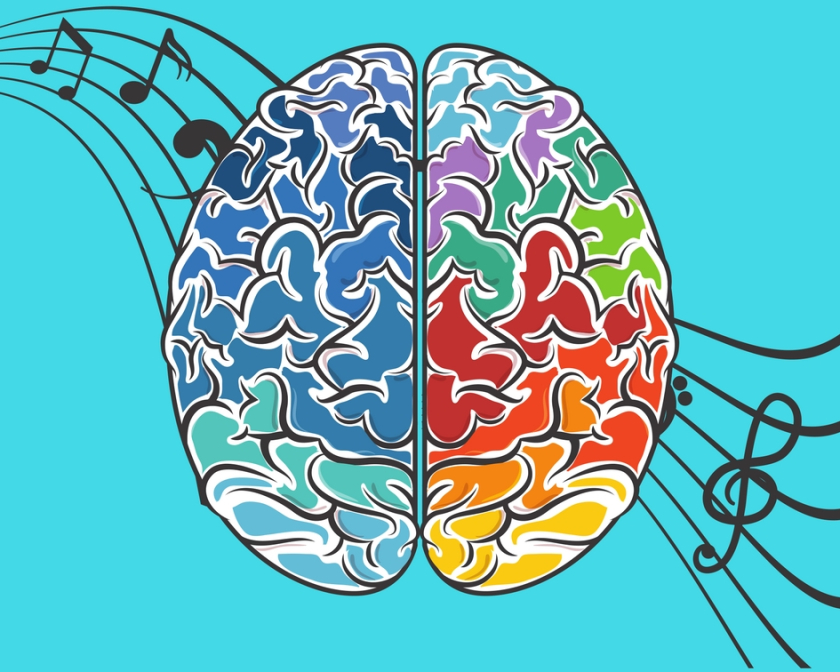How Does Music Affect The Brain? [video]
WAKING UP. WORKING out. Riding the bus. Music is an ever-present companion for many of us, and its impact is undeniable. You know music makes you move and triggers emotional responses, but how and why? What changes when you play music, rather than simply listen? In the latest episode of Tech Effects, we tried to find out. Our first stop was USC’s Brain & Creativity Institute, where I headed into the fMRI to see how my brain responded to musical cues—and how my body did, too. (If you’re someone who experiences frisson, that spine-tingling, hair-raising reaction to music, you know what I’m talking about.) We also talked to researchers who have studied how learning to play music can help kids become better problem-solvers, and to author Dan Levitin, who helped break down how the entire brain gets involved when you hear music.
From there, we dove into music’s potential as a therapeutic tool—something Gabrielle Giffords can attest to. When the onetime congresswoman was shot in 2011, her brain injuries led to aphasia, a neurological condition that affects speech. Through the use of treatments that include melodic intonation therapy, music helped retrain her brain’s pathways to access language again. “I compare it to being in traffic,” says music therapist Maegan Morrow, who worked with Giffords. “Music is basically like [taking a] feeder road to the new destination.”
But singing or playing something you know is different from composing on the fly. We also wanted to get to the bottom of improvisation and creativity, so we linked up with Xavier Dephrepaulezz—who you might know as two-time Grammy winner Fantastic Negrito. At UCSF, he went into an fMRI machine as well, though he brought a (plastic) keyboard so he could riff along and sing to a backing track.
Neuroscientist Charles Limb, who studies musical creativity, helped take us through the results and explain why the prefrontal cortex shuts down during improvisation. “It’s not just something that happens in clubs and jazz bars,” he says. “It’s actually maybe the most fundamental form of what it means to be human to come up with a new idea.”
If you’re interested in digging into the research from the experts in the video, here you go:
• Matthew Sachs’ research on music and frisson
• Assal Habibi, “Music training and child development: a review of recent findings from a longitudinal study.”
• Daniel Levitin’s research on music and the brain’s internal opioid system, and on music and stress
• Levitin’s book, This is Your Brain on Music
• Charles Limb, “Your Brain on Improv” (TED Talk) and “Neural Substrates of Spontaneous Musical Performance: An fMRI Study of Jazz Improvisation”
